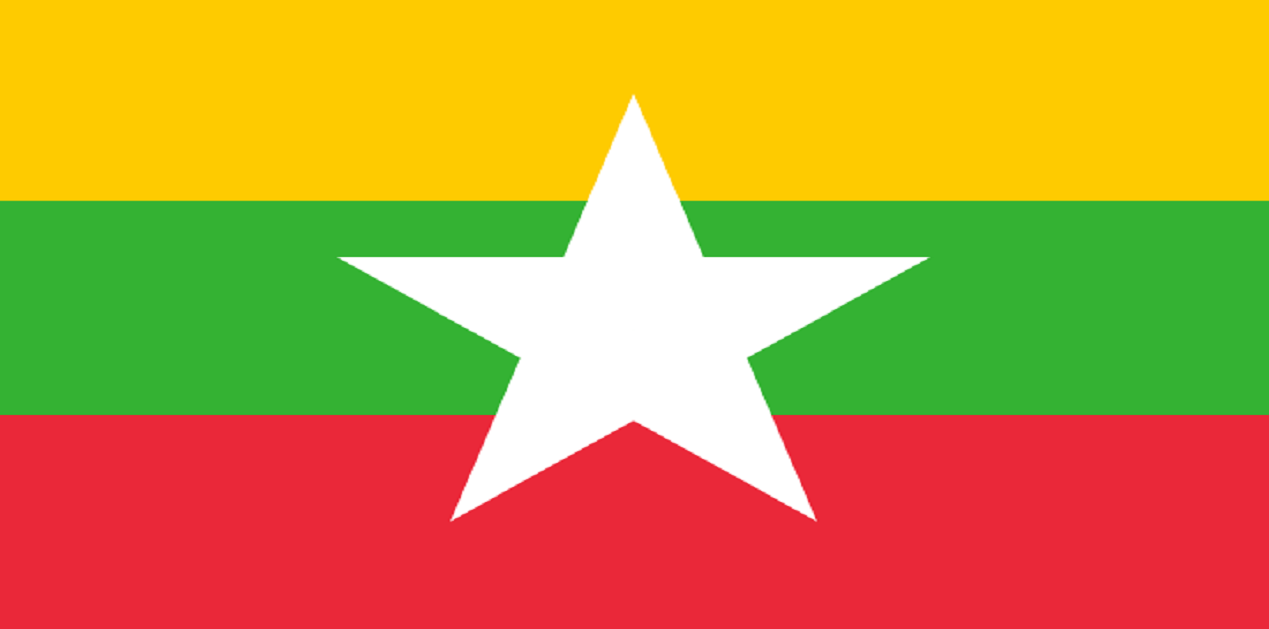On 25 August 2017, Myanmar military led a crackdown against Rohingya in northern Rakhine State. The decades of minority suppression, economically, politically and socially culminated with military attacks on the Rohingya community. The attacks followed a massive refugee crisis in the region. On 25 August 2021, the community marked the fourth Rohingya Genocide Remembrance Day. The National Unity Government (NUG) and civil society groups have called for justice and accountability on this day.
The year 2021 marks significant developments in recognising the Rohingya crisis. The NUG formed by the ousted elected NLD members, released a statement on 03 June 2021 recognising the atrocities inflicted on the Rohingya. The NUG further reiterated the need to grant citizenship to the Rohingya community and suggested that they would repeal the country’s 1982 Citizenship Law, once a new constitution is drafted. The implication of the statement was to include the Rohingya in the list of “national races” (taingyintha).The statement also accepted the violence and gross human rights violations inflicted by the military.1
Internationally, the Human Rights Council adopted a resolution on the situation of human rights of Rohingya Muslims and other minorities in Myanmar. The Council urged Myanmar to ensure justice and accountability, and take measures necessary to ensure that displaced persons, including Rohingya Muslims can return to their homes. The Council also directed the United Nations High Commissioner for Human Rights to continue to track progress in the situation of human rights in Myanmar.2 In May 2021, the Joint Response Plan for the Rohingya Humanitarian Crisis was launched, and the United States announced USD 155 million in assistance, including COVID-19 assistance, to sustain efforts to support Rohingya refugees in Bangladesh.
However, these initiatives are mere lip service. It has been four years since the violence was inflicted and both the former civilian government, National League for Development and the military failed to recognise their crimes against humanity. Nevertheless, the NLD leader, Daw Aung Saw Suu Kyi defended the country in the International Court of Justice in 2019. This was one of the reasons for her popularity within the country during the time of elections, as she defended the Bamar identity.
The military, on the other hand, continued to deny any such allegations. After the coup, the military restructured the committee, which is responsible to present its case in the Rohingya genocide case at the ICJ. The new team is led by the military regime’s Foreign Minister U Wunna Muang Lwin and has eight members. Among the eight members, two are former military officers – U Wunna Muang Lwin and U Win Shein and two serving Lieutenant Generals - Yar Payae and Adjutant General Myo Zaw Thein.3 The dominance of the military personnel within the committee shows the continued denial of the military to accept its deadly crackdown and suppression.
Bangladesh has, on multiple platforms, reiterated her call for international attention and assistance to ensure the repatriation of Rohingya refugees. During the IX Moscow Conference on International Security held on 22 June, Bangladesh questioned the double standards of the European Union nations. Bangladesh also questioned regional countries, such as, China, India, Russia and Japan, who claim to play an important role, but are engaging with the military simultaneously, who is responsible for this crisess. In addition, the United Nations’ 19 June resolution against Myanmar’s military actions, talked about the current crises.4 However, it failed to include the issue of Rohingya crisis.
Bangladesh is currently hosting 1.1 million Rohingya. The continued repression and loss of territorial identity have led to economic, social and political crises. Staying in camps and continuous movements has forced them to fall into the hands of criminal elements. Illegal crossing across borders, involvement in drug trafficking and unorganised terrorist activities result from this humanitarian crisis. Despite the initiation of bilateral talks in 2017, not a single Rohingya has been repatriated till date. The second round of trilateral talks, initiated by China, was held in January 2021, and Myanmar government assured to start repatriation by the second quarter of the year. However, due to the military coup on 01 February, the process seems to have been delayed indefinitely.
The recent political crises demanding the restoration of democracy in Myanmar must include the democratic rights for the Rohingya. In addition, the restoration of economic, political and social rights for the Rohingya should be a priority for the international players and domestic stakeholders in the country. Rather than paying lip service to these crises, it is essential to ensure justice and accountability.
Endnotes
- https://www.myanmar-now.org/en/news/nug-releases-statement-recognising-rohingyas-right-to-citizenship
- https://www.ohchr.org/EN/HRBodies/HRC/Pages/NewsDetail.aspx?NewsID=27302&LangID=E
- https://thewire.in/world/myanmar-military-tatmadaw-icj-rohingya-genocide-rakhine
- https://www.eurasiareview.com/01072021-rohingya-crisis-avoid-double-standard-work-for-dignified-repatriation-oped/
(The paper is the author’s individual scholastic articulation. The author certifies that the article/paper is original in content, unpublished and it has not been submitted for publication/web upload elsewhere, and that the facts and figures quoted are duly referenced, as needed, and are believed to be correct). (The paper does not necessarily represent the organisational stance... More >>










Post new comment